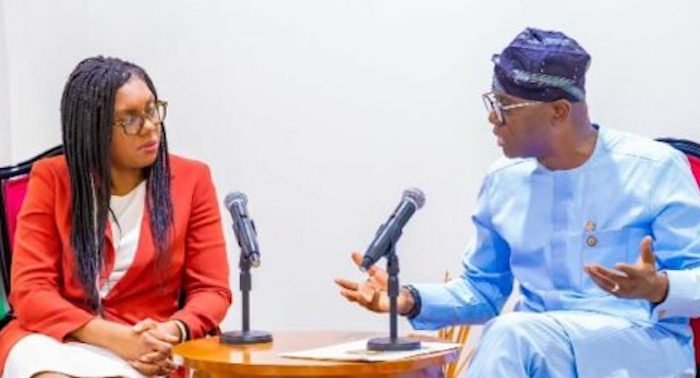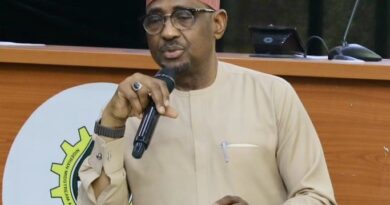FIRS Chairman Raises Concerns Over Buhari’s ₦2.59 Trillion Tax Credit Scheme for Road Projects
Zacheus Adedeji, Chairman of the Federal Inland Revenue Service (FIRS), has voiced skepticism regarding the three-year ₦2.59 trillion Tax Credit Scheme initiated by the former administration of President Muhammadu Buhari for road construction across Nigeria.
Speaking at an interactive session in Abuja convened by the Senate Committee on Finance, Adedeji expressed reservations about the legality and implementation of the scheme. The Tax Credit Scheme, introduced via Executive Order 7 of 2021, has raised concerns about its alignment with FIRS’s mandate of tax collection and remittance into the Federation Account.
Adedeji emphasized that FIRS’s role is to access, collect taxes, and remit them to the Federation Account, not to appropriate funds for specific purposes through executive orders. He urged for a redirection of responsibilities, advocating for the Ministry of Works to handle road contracts and payments, aligning with its core mandate.
In response, Umoru Ajiya, Chief Financial Officer of the NNPLC, clarified details about a $3.3 billion loan facility secured for the Central Bank of Nigeria (CBN) to stabilize the naira in the foreign exchange market. He highlighted the role of the tax credit scheme in addressing the country’s dilapidated road infrastructure, with ₦664 billion already spent across the six geopolitical zones.
Despite Ajiya’s remarks, Chairman of the Senate Committee, Sen. Sani Musa, expressed constitutional concerns, noting that funds allocated to the tax credit scheme should be remitted to the consolidated revenue fund as per relevant provisions of the constitution.
The Committee awaits the outcome of discussions among the involved agencies to determine corrective measures for past mistakes.
The Road Infrastructure Tax Credit, which allows for claiming tax credits in economically disadvantaged areas, remains subject to limitations.
This development underscores ongoing debates surrounding fiscal policies and infrastructure development in Nigeria.








